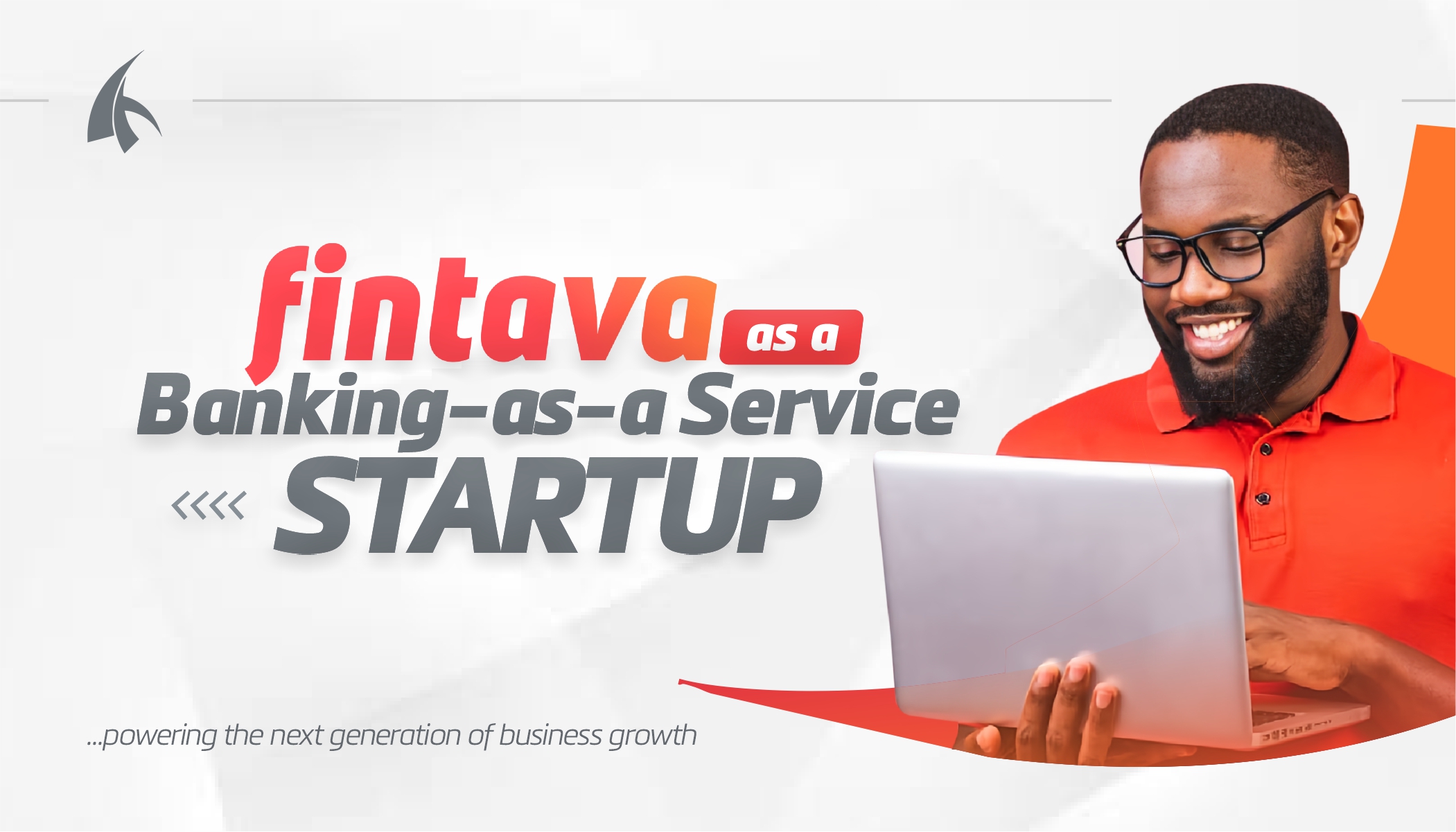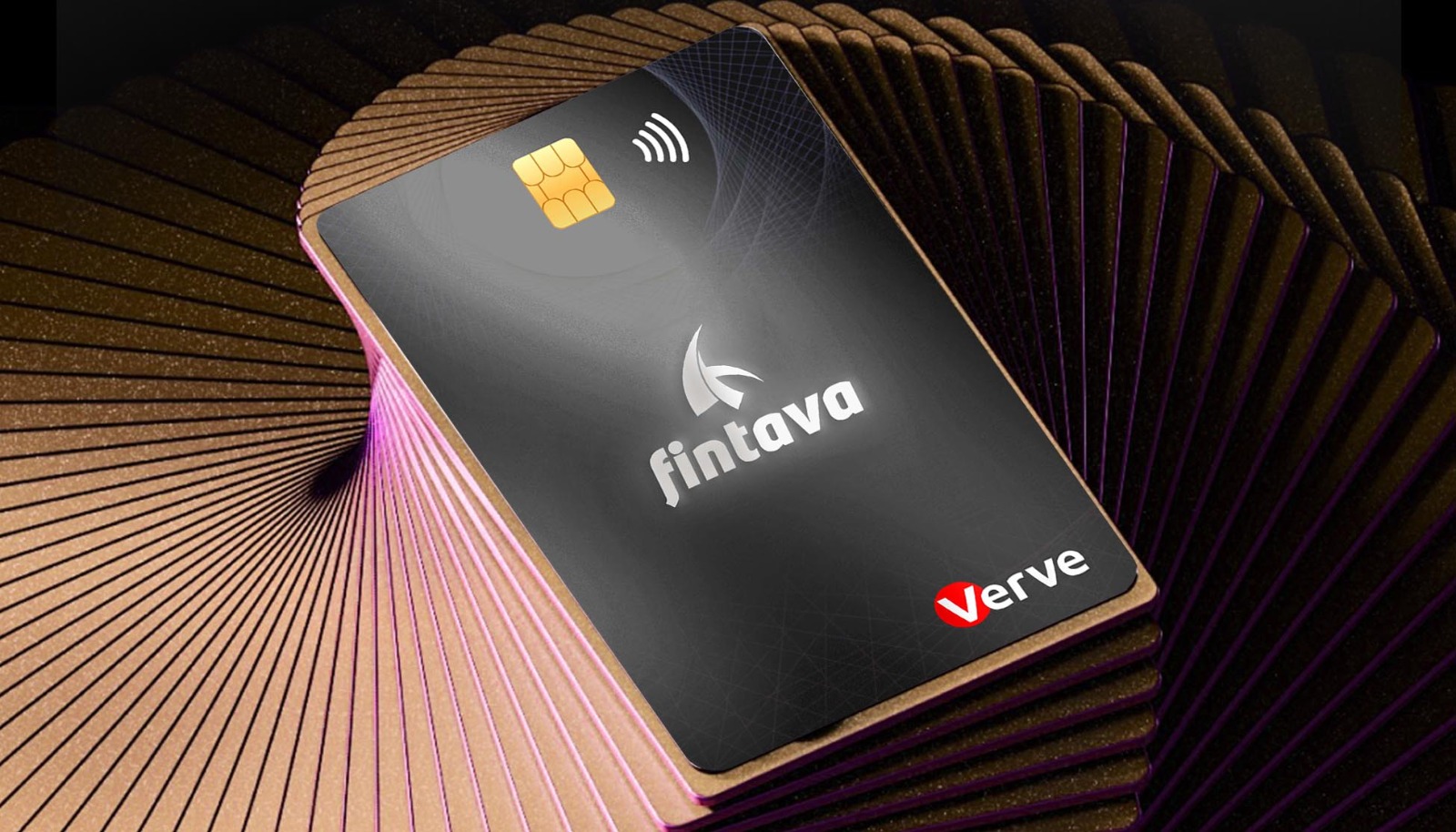What is Banking as a Service?
We have an article on Banking as a Service (BaaS), but here’s a quick recap.
It is a model that allows non-bank businesses to offer banking services through the integration of financial services into their own products. BaaS platforms like Fintava provide the infrastructure and regulatory framework, enabling businesses to offer banking services without needing a banking license. Essentially, BaaS democratises access to banking capabilities, allowing a wide range of businesses to embed financial services directly into their offerings.
Use Cases for Banking as a Service
Embedded Finance for E-commerce Platforms
Example:
An online retail store can use Fintava’s BaaS platform to offer instant credit to its customers at checkout. By integrating Fintava’s APIs, the store can provide financing options such as Buy Now, Pay Later (BNPL) directly within the shopping experience, making it easier for customers to purchase higher-value items.
Neobanking Solutions
Example:
A tech startup wants to create a digital bank tailored to freelancers and gig workers. By leveraging Fintava’s BaaS platform, the startup can offer customized banking services, such as fee-free accounts, instant payments, and financial management tools specifically designed to meet the needs of its target audience, all without needing to secure a banking license themselves.
Loyalty and Rewards Programs
Example:
A supermarket chain can partner with Fintava to create a branded debit card that offers cashback and rewards points for purchases made at their stores. Customers can sign up for the card through the supermarket’s app, which uses Fintava’s infrastructure to handle the backend banking operations, including account management, transactions, and compliance.
Expense Management for Corporates
Example:
A company can integrate Fintava’s services to provide their employees with corporate cards linked to an automated expense management system. This setup simplifies the reimbursement process, offers real-time expense tracking, and helps control and monitor corporate spending efficiently.
Peer-to-peer (P2P) Payment Solutions
Example:
A social media platform could integrate Fintava’s BaaS to enable users to send and receive money directly within the app. This feature would enhance user engagement by allowing seamless financial transactions, such as splitting bills, paying for services, or sending gifts, all within the social media ecosystem.
Insurance and Wealth Management Services
Example:
An insurance company can expand its offerings by using Fintava to provide integrated financial services such as savings accounts, investment products, and retirement plans. Customers can manage all their financial needs through a single platform, increasing convenience and customer loyalty.
Advantages of Using Fintava’s BaaS Platform
Cost-Efficiency:
Businesses can offer banking services without the significant costs associated with developing and maintaining banking infrastructure.
Speed to Market:
Fintava enables quick deployment of financial services, allowing businesses to capitalize on market opportunities faster.
Regulatory Compliance:
Fintava handles the complex regulatory requirements, ensuring businesses remain compliant with financial regulations.
Customization:
Businesses can tailor financial products to meet the specific needs of their customers, enhancing customer satisfaction and engagement.
Fintava’s Banking as a Service platform offers many opportunities for businesses in Nigeria to integrate financial services into their offerings seamlessly.
By leveraging Fintava’s infrastructure, businesses can enhance customer experience, streamline operations, and unlock new revenue streams without the need to become fully-fledged financial institutions.
Whether it’s providing instant credit, creating digital banks, offering corporate expense solutions, or enabling P2P payments, the possibilities with Fintava are numerous.


